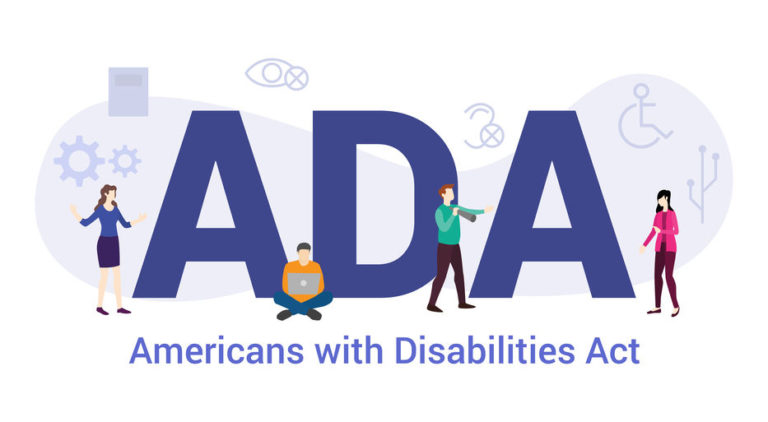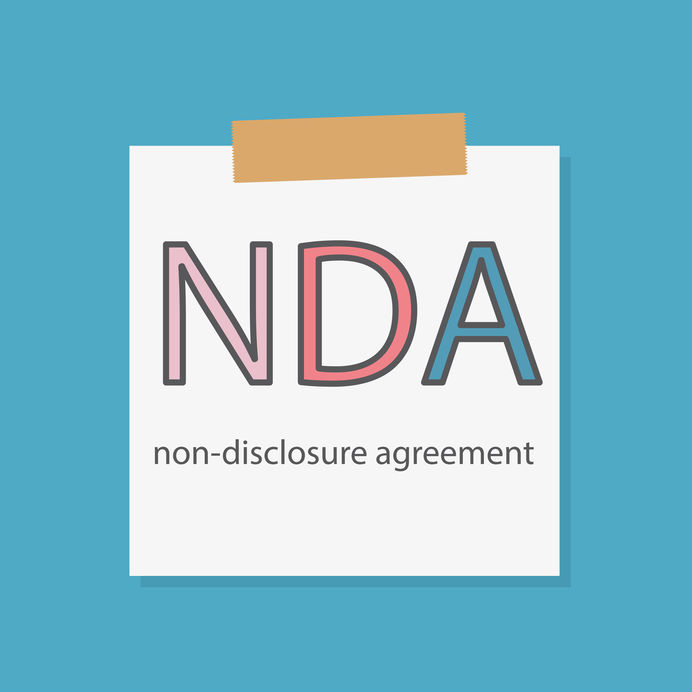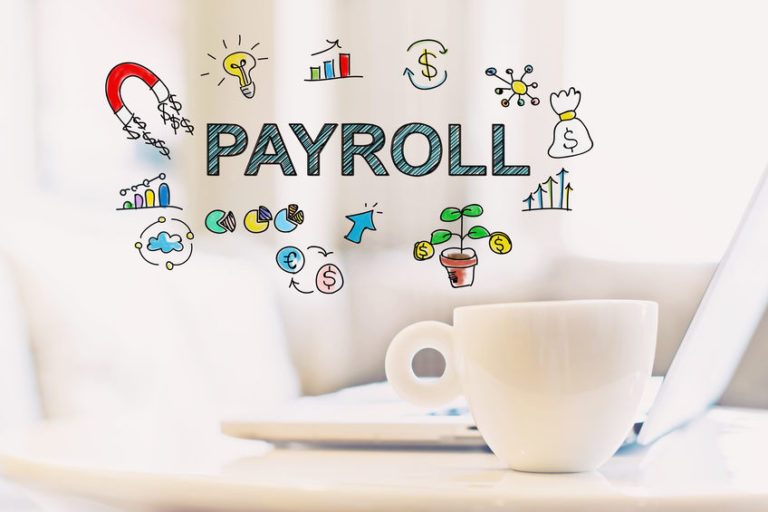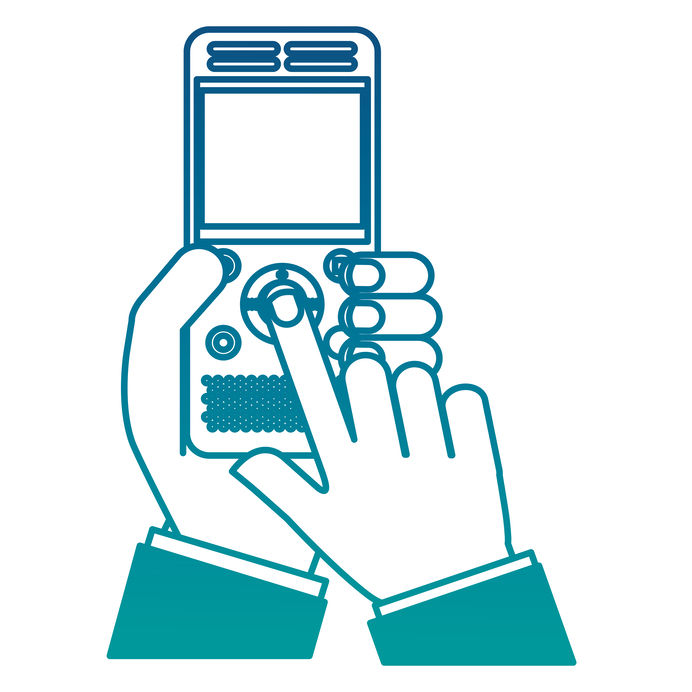
Can my employer force me to receive the Covid-19 Vaccine?
As the Covid-19 vaccine continues to be distributed across the country, employees are becoming increasingly reluctant over a mandatory vaccination

As the Covid-19 vaccine continues to be distributed across the country, employees are becoming increasingly reluctant over a mandatory vaccination

With the current state of the world, you may be thinking about what you can expect if you are unable to go to work due to the Coronavirus. Employment and Labor laws can vary by state, and by county. Additionally, you may have a contract or collective bargaining agreement with your employer that determines what happens when you cannot show up to work due to a public health emergency. While your employer will most likely not require you to come to work if you are under quarantine, your employer may not be required to pay you for the time you are out.

With the pandemic that is the Coronavirus affecting the whole world, many employees may be considering staying home these next few weeks while the virus is spreading throughout the United States.

Businesses, places of employment, and governments serving the general public are required to accommodate those with disabilities of various sorts.

Workplace bullying is generally known as the repeated mistreatment of a person by one or more employees that takes the form of verbal abuse or conduct or behaviors that are threatening, intimidating, or humiliating.

If your employer controls how long your lunch is, how many hours a day you have to come into the office, how many sick days or vacations you have, how the work is done, when the work is done, and where the work is done then you are being misclassified as an independent contractor.

Breaching an NDA can have serious consequences (e.g., a lawsuit against the person who is revealing the private information). Normally, the remedies for a breach of an NDA are in the NDA itself. Therefore, it is important to have a detailed NDA, which includes what is covered by the contract and the repercussions for disclosing such information.

Employers are responsible for sending the W-2 form to the IRS and to the employee each year, which reports the employee’s annual wages and the amount of taxes withheld from his or her paychecks.

If you live in an at-will state, you can be fired for no reason at all. However, if you are wrongfully terminated, you may be able to sue.

Do you expect to have a camera watching you while you work? In Florida, for the most part, employers are allowed to record their employees. However, certain exceptions apply.
Our team of highly trained attorneys, with over 200 years of combined experience, includes 25 multi-lingual attorneys, and utilizes cutting-edge technology to beat the competition.
Esta es una guía rápida de referencia jurídica que cubre 16 temas que cada empresario necesita saber para empezar un negocio.